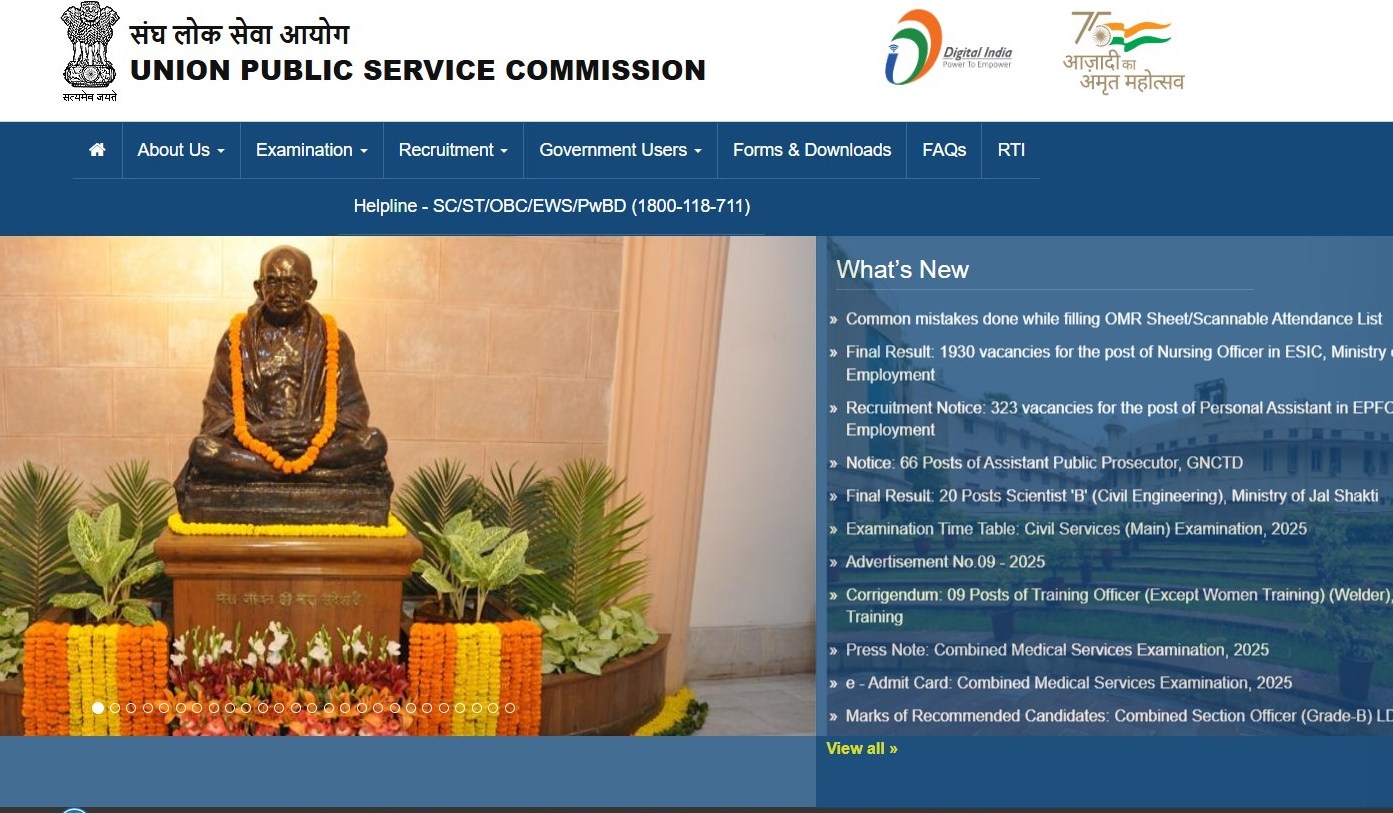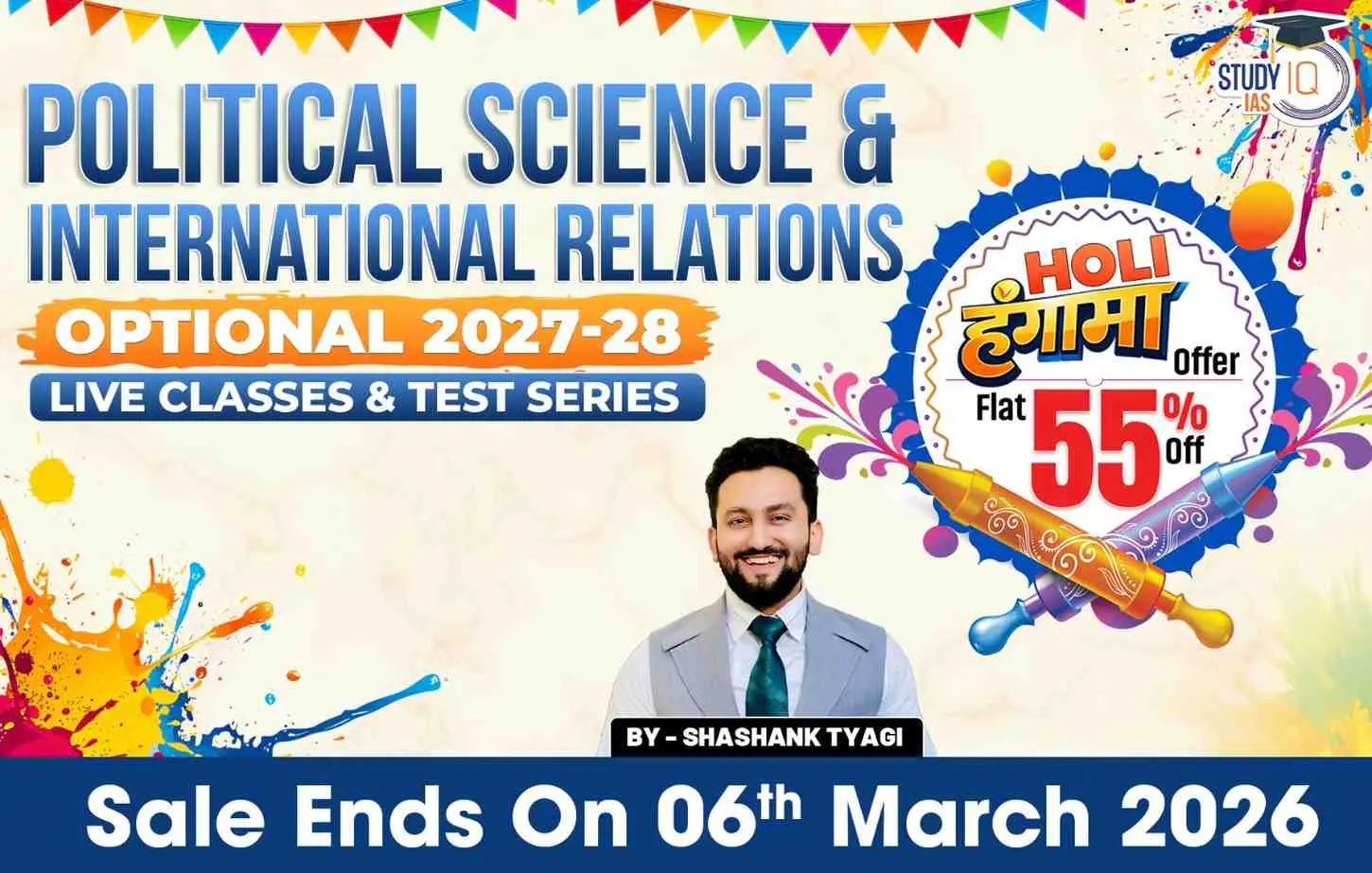Table of Contents
Truth Knows No Color Essay UPSC
Source
This statement highlights the universality and impartiality of truth. It implies that truth transcends racial, social, political, or cultural divisions. Truth remains objective and absolute, unaffected by human prejudices, biases, or identities.
Anecdotes
- Gandhi’s Satyagraha: Despite British repression, Gandhi’s insistence on truth and non-violence showed that colonial power could not suppress the moral force of Satya.
- Galileo Galilei: Though condemned by the Church for advocating heliocentrism, the truth of his discovery ultimately reshaped modern science.
- Martin Luther King Jr.: His dream of racial equality, rooted in the truth of human dignity, triumphed over centuries of segregation and discrimination in the U.S.
- Nelson Mandela: Branded a criminal under apartheid, he later proved that the truth of justice and equality prevails over racial domination.
Quotes
- “Truth is incontrovertible. Malice may attack it, ignorance may deride it, but in the end, there it is.” – Winston Churchill
- “Three things cannot be long hidden: the sun, the moon, and the truth.” – Gautama Buddha
- “Satyameva Jayate” – Mundaka Upanishad
Introduction
Truth has always been at the heart of human civilisation. From the Upanishadic concept of Satyameva Jayate (“Truth alone triumphs”) to modern democratic systems built on transparency, truth has acted as the cornerstone of justice, morality, and social order. Unlike human constructs such as race, caste, or ideology, truth does not discriminate. It remains uncoloured, impartial, and unyielding across time and place.
Body
Why is Truth Universal?
Truth operates independently of human opinion, transcending borders and eras to serve as the foundation for shared understanding, moral progress, and justice. By examining its role across various dimensions of human experience, it becomes clear that truth is not a fleeting idea but a timeless and unchanging pillar of reality.
- Philosophical Universality: Across diverse civilizations, truth has been regarded as a timeless and unchanging concept.
- In India, the ancient Upanishads declared, “Satyameva Jayate” (“Truth alone triumphs”), asserting that truth’s inherent power will ultimately prevail. This idea finds a parallel in ancient Greece, where Socrates argued that truth exists in an objective realm, separate from human opinion.
- Scientific Universality: Natural laws remain constant across time and space, proving that truth is not relative to race or geography.
- Newton’s law of gravitation applies equally in India and Africa, and Einstein’s theory of relativity has reshaped physics globally, regardless of cultural or political divisions.
- Moral and Ethical Universality: Universal human values flow from the truth of equality and dignity.
- The Universal Declaration of Human Rights: This document, adopted in 1948, rests on the undeniable truth that all humans are born free and equal.
- Historical Universality: Historical movements demonstrate that the suppression of truth is always temporary.
- The Church’s initial suppression of Galileo’s heliocentric truth did not change the reality of the solar system; it only delayed its public acceptance.
- Nelson Mandela’s long imprisonment did not erase the truth of apartheid’s injustice. The lies that upheld racial segregation in South Africa eventually crumbled in the face of the enduring truth of justice.
- Judicial and Legal Universality: Justice systems worldwide recognize truth as the essential foundation for fairness.
- Nuremberg Trials: These landmark trials upheld the universal truths of crimes against humanity, rejecting national or cultural justifications for horrific actions and establishing a precedent for objective justice.
- Access to Information: India’s RTI Act (2005) embodies the idea that truth, in the form of information, is a universal right that belongs to all citizens and cannot be permanently hidden by those in power.
- Contemporary Universality: Truth binds humanity together in global challenges, forcing a shared reality.
- COVID-19 Pandemic: The pandemic showed that biological truths about virus transmission, immunity, and vaccines apply equally across all nations, races, and economic classes. The virus did not respect borders, forcing a global scientific and medical collaboration based on a shared reality.
- Climate Change: The science of climate change presents a universally valid truth: rising global temperatures affect all nations, regardless of political borders, demanding a unified response.
Why is Truth not universal?
The idea of truth as a single, objective reality has been a cornerstone of Western thought for centuries. However, according to many philosophers, truth is not universal but is instead a complex and fragmented concept.
- Truth as a Social Construct: Thinkers like Michel Foucault suggest that “truth” is not an objective reality that exists independently but is instead a social construct. It is something that is created and defined by a society and its institutions. From this perspective, truth is often intertwined with power. Powerful groups or institutions create and disseminate certain narratives, which are then accepted as “truth” by the wider population.
-
- For example, during the colonial era, European powers propagated the idea of a “civilising mission” to justify their rule. This narrative was presented as a historical truth in Europe, but from the perspective of the colonised people
- Relativity of Knowledge: Truth is unstable and depends on the interpretation of language and context. What one society views as a fundamental truth, another may see as a falsehood.
-
- For example, the monotheistic truth of Christianity or Islam, which posits a single God, is fundamentally different from the polytheistic truth of Hinduism or the non-theistic truth of Buddhism. Each of these is a deeply held “truth” for its followers, and there is no single, universal religious truth that can encompass all of them.
- Multiplicity of Perspectives: The philosopher Friedrich Nietzsche argued that “There are no facts, only interpretations.” This view, known as perspectivism, suggests that truth is not a single, objective entity but is always dependent on the observer’s perspective. An event or individual can hold multiple, conflicting “truths” simultaneously, depending on who is telling the story.
-
- For example, Mahatma Gandhi is universally seen as a freedom fighter in India. His dedication to non-violence and his role in liberating the nation are undeniable truths from an Indian perspective. However, from the perspective of the British colonial government, Gandhi was viewed as a seditionist and a threat to law and order. Both views are “true” within their respective frameworks, demonstrating the power of perspective in shaping truth.
- Cultural Relativism: The argument is that values, moral codes, and truths are bound to a specific culture and that there is no single standard to judge them universally. Fundamental concepts like justice, marriage, and morality vary widely between different societies. What is considered a fair punishment in one culture may be seen as barbaric in another.
- For example, the Western notion of a monogamous marriage is a cultural truth that does not apply to societies that practice polygamy.
- The Role of Technology and Media: In our modern, media-saturated age, the distinction between truth and falsehood has blurred. Reality is replaced by hyperreality, a state where people accept mediated images and narratives as reality.
- The rise of social media has created an environment where “truth” is no longer a shared, objective concept. Fake news, deepfakes, and political echo chambers allow different groups to inhabit completely separate “realities.” This means there are multiple “truths” existing side-by-side, each valid only for its specific audience.
- Historical Revisions: History is often written by the victors. The “truth” of the past changes depending on who has the power to tell the story.
- For example, a British account might focus on the economic benefits, the establishment of railways, and the end of certain social ills, glorifying the empire-building process. In contrast, an Indian nationalist account would focus on the economic exploitation, the suppression of culture, and the violence of colonial rule. Both accounts are based on facts, but the way those facts are selected, interpreted, and presented creates two very different historical “truths.”
- Science and Relativity: Even the field of science, often considered the bastion of objective truth, has revealed that some “truths” are not absolute.
- For example, Einstein’s theory of relativity replaced Newton’s “absolute truth” about space and time with a relative and flexible framework. This suggests that even scientific truths are not fixed for eternity but can evolve and be replaced by more accurate models. It challenges the idea that any single, scientific truth can be considered ultimate and unchanging.
Modern Challenges-Distortion of Truth
While truth in its purest form is universal, human perception often seeks to “color” it with shades of convenience, power, and prejudice.
Factors Contributing to the Distortion of Truth
- Political Power and Propaganda: States often manipulate truth to consolidate authority (e.g., Nazi Germany’s propaganda).
- Economic and Corporate Interests: The tobacco industry once funded research to “disprove” links between smoking and cancer.
- Social and Cultural Prejudices: Casteist and racist structures historically distorted truth to justify hierarchy.
- Media Manipulation: Sensationalism and clickbait prioritise narratives over facts, creating echo chambers that reinforce partial truths.
- Psychological Factors: Confirmation bias leads individuals to accept only those “truths” that align with their worldview, making them susceptible to distorted narratives.
| Examples |
|
Conclusion
The assertion that “truth knows no colour” holds a powerful dual meaning. On one hand, it represents the ideal of truth as an impartial, universal force that transcends all human divisions, as seen in the unwavering laws of science, the triumph of justice in history, and the moral bedrock of human rights. This truth is the great equaliser, binding humanity together in a shared reality that cannot be altered by prejudice or power.
On the other hand, the modern examples of its distortion reveal that while truth itself may be colourless, its perception and dissemination are constantly under threat. In the real world, truth is often “colored” by political agendas, economic interests, and social biases. Therefore, the statement is not just an observation but also a call to action. It reminds us that the pursuit of truth is a continuous and active process, a moral struggle against the forces of propaganda, misinformation, and prejudice. For a just society to thrive, it must remain eternally vigilant in its quest to uncover and defend an objective, uncoloured truth.


 UPSC Final Result 2025 Soon: Check CSE M...
UPSC Final Result 2025 Soon: Check CSE M...
 UPSC Correction Window 2026: Dates, Dire...
UPSC Correction Window 2026: Dates, Dire...
 UPSC CSE 2026 Last Date Extended to 27 F...
UPSC CSE 2026 Last Date Extended to 27 F...




















